When a car reportedly driven by a white supremacist struck a crowd of anti-fascist protesters, the resulting death of 32-year-old Virginia resident Heather Heyer resounded soundly across the world. Because of the polarizing nature of global politics — from the virulent “alt-right” movement in the U.S. to the reanimated fascist movements across Germany to the right-wing nationalist group in power in India — Heyer’s killing, purportedly by James Alex Fields, represented not just a local tragedy or one-time event, but a symptom of larger, more worrisome trends.
“If you’re not outraged, you’re not paying attention,” read Heyer’s last public post on Facebook. The young legal assistant was remembered by her friends as someone who was “passionate” and had much conviction.
“They tried to kill my child to shut her up. Well, guess what? You just magnified her,” Heyer’s mother, Susan Bro, said at her daughter’s memorial services on Wednesday. “I want you to pay attention, find what's wrong ... and say to yourself, ‘What can I do to make a difference?’ And that's how you're going to make my child's death worthwhile. I'd rather have my child, but by golly, if I've got to give her up, we're going to make it count.”
In Greece, where the neo-Nazi movement has found inspiration in the U.S. election of Donald Trump, anti-fascist protesters gathered solemnly to honor Heyer’s life on Thursday, carrying a large banner bearing her image to the U.S. embassy in Athens. “From Greece to the U.S.A., stop the neo-Nazi murderers,” read the text scrawled right next to a drawing of her face. Back home, in Charlottesville, flowers and cards decorated large-scale memorials, and protesters wore purple, her favorite color, to pay homage to her life. Similar memorials and rallies took place in Chicago, New York, and Los Angeles. Click through the slideshow for images from some of these gatherings.














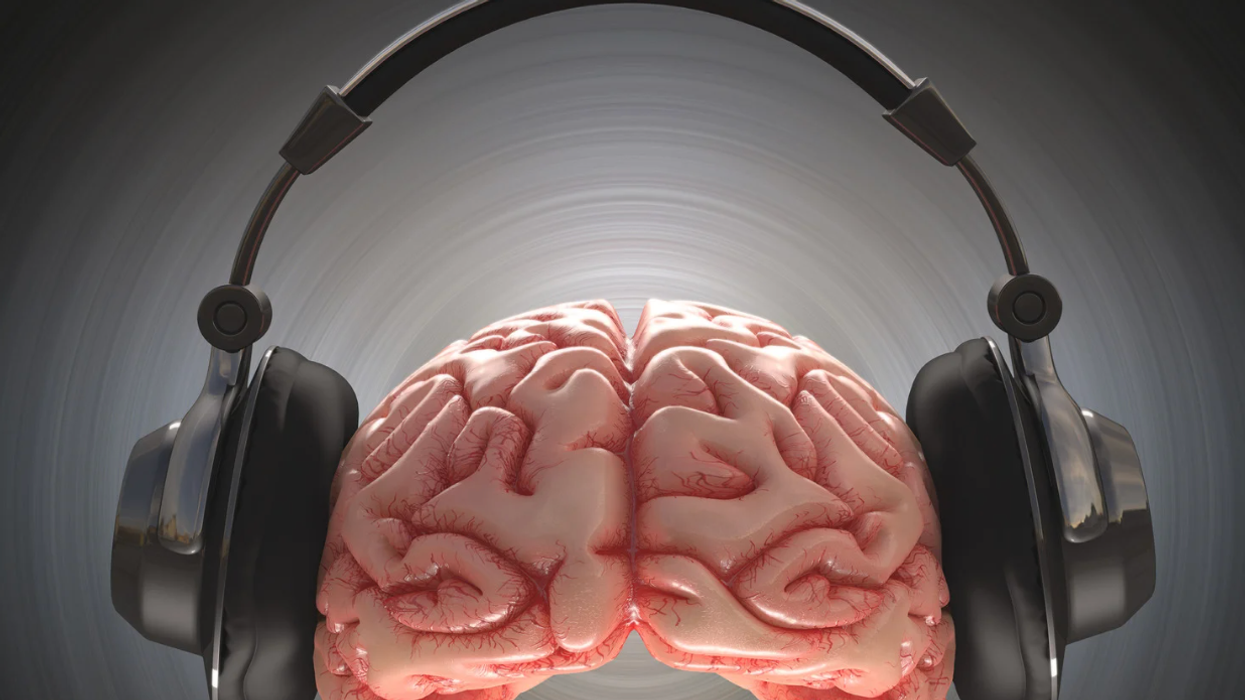
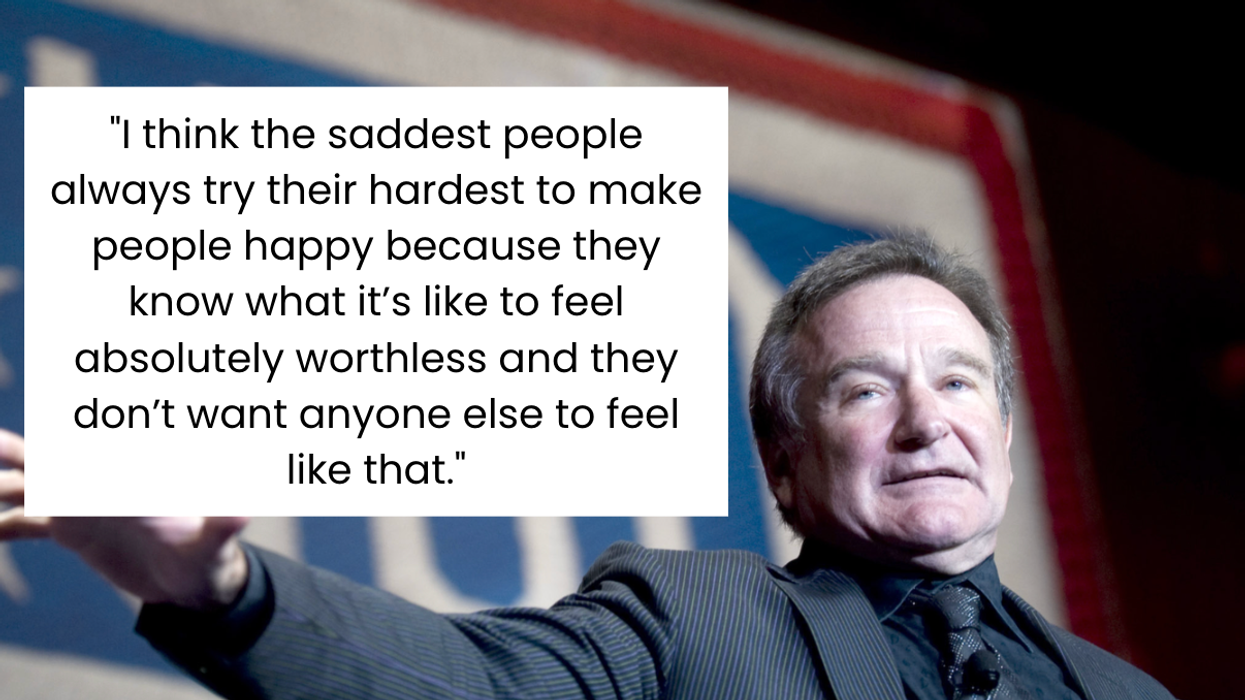
 Robin Williams performs for military men and women as part of a United Service Organization (USO) show on board Camp Phoenix in December 2007
Robin Williams performs for military men and women as part of a United Service Organization (USO) show on board Camp Phoenix in December 2007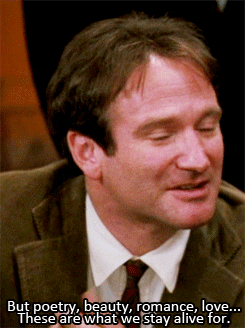 Gif of Robin Williams via
Gif of Robin Williams via 
 People on a beautiful hike.Photo credit:
People on a beautiful hike.Photo credit:  A healthy senior couple.Photo credit:
A healthy senior couple.Photo credit:  A diverse group of friends together.Photo credit:
A diverse group of friends together.Photo credit:  A doctor connects with a young boy.
A doctor connects with a young boy.  Self talk in front of the mirror.Photo credit:
Self talk in front of the mirror.Photo credit:  Lightbulb of ideas.Photo credit
Lightbulb of ideas.Photo credit 
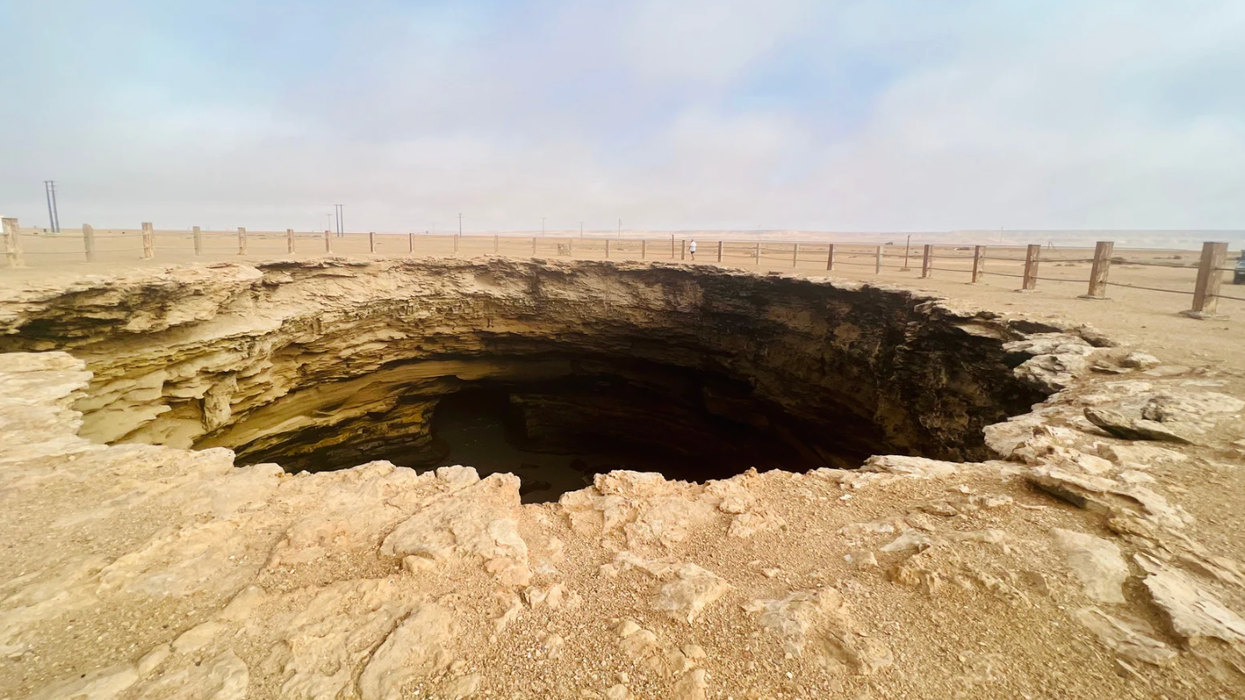
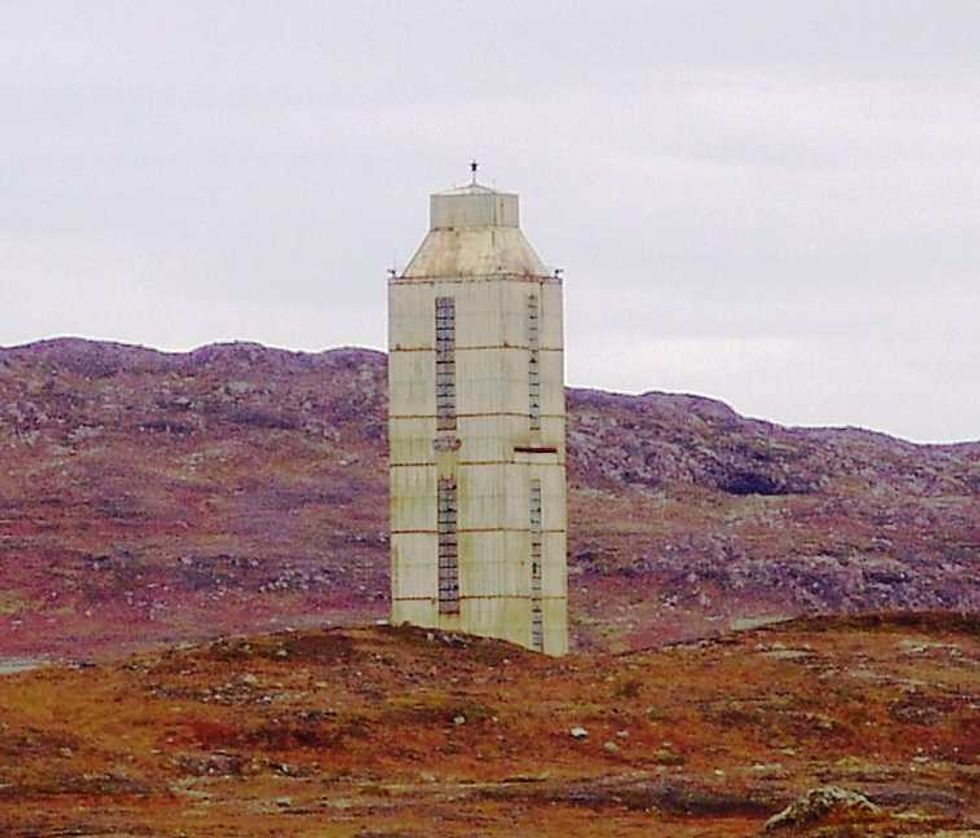 Superstructure of the Kola Superdeep Borehole, 2007
Superstructure of the Kola Superdeep Borehole, 2007 

